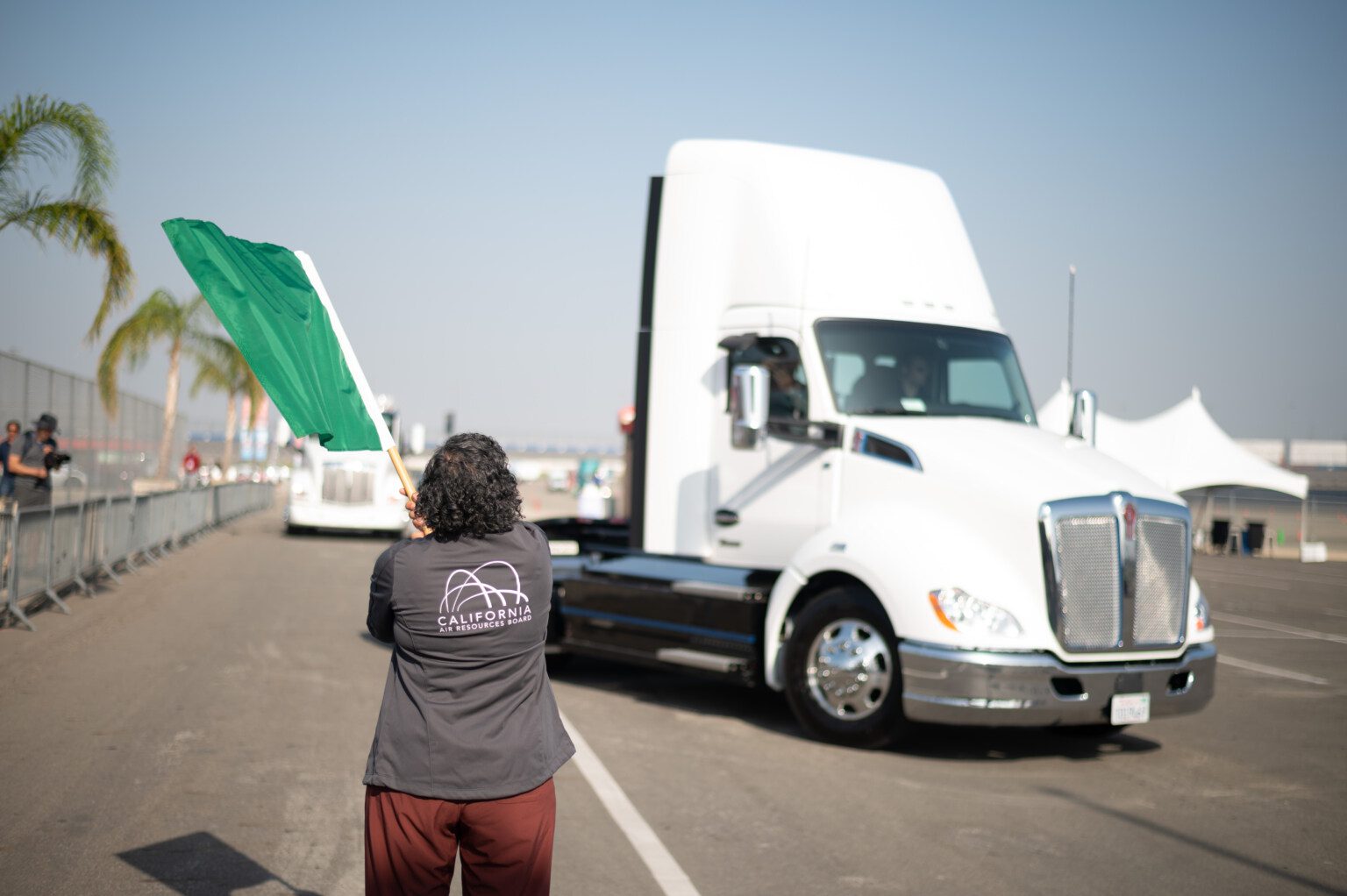According to a California agency, state businesses that use commercial vehicles can now get financial support for sustainable equipment. The California Air Resources Board (CARB) has announced the provision of $125 million in funding for an incentive program affecting businesses operating on state harbors and those working in agriculture and construction.
The funding, which the CALSTART nonprofit will dole out, comes as part of the Clean Off-Road Equipment Voucher Incentive Project (CORE) and is designed to spur commercial investment in sustainable vehicle technologies. The announcement marks an expansion of CORE, a program that since its 2020 inception has traditionally been limited to freight-related vehicle purchases, into a wider range of markets. The increase comes as lawmakers move to close the cost gap and draw businesses away from fossil fuels.
Under the 2022 model, CORE incentives will be given to businesses that purchase zero-emission vehicles and equipment that fall into one of nine established categories:
- On and off-road terminal tractors
- Mobile power units (MPUs) and mobile shore-power cable management systems
- Truck and trailer-mounted transport refrigeration units (TRUs)
- Construction equipment
- Large forklifts and cargo-handling equipment
- Agricultural equipment
- Airport ground-support equipment
- Commercial harbor craft
- Railcar movers and switcher locomotives
No credit is given for past purchases, as businesses must redeem vouchers for point-of-sale discounts. Each voucher applies to a maximum of $500,000 in funding.
Though the first round of funding resulted in a whopping $62 million given across 460 approvals, lawmakers were well aware that the program would potentially find itself stretched thin — the $125 million came in direct anticipation of that need.

The program operates on a first-come, first-serve basis, meaning businesses interested in applying for funding should do so sooner rather than later. Vouchers are also given regardless of whether or not a company is currently using technology that would be replaced. This provision frees applicants from feeling the urge to sell or scrap their existing equipment to receive more favorable consideration for new incentives, which could otherwise be a major burden to small-time agricultural or fishing operations.
“The streamlined process incorporates feedback from program participants, and we are anticipating significant interest in this second round,” said Niki Okuk, CALSTART deputy director. “The industry is continuing its transition to zero-emissions, and CORE provides a clear market signal that helps bring new products to the market.”
CORE is the latest state funding program aimed at incentivizing sustainable commercial purchases. The Hybrid and Zero Emission Truck and Bus Voucher Incentive Project (HVIP) has operated for 13 years in California as a way of prodding the state’s transit industries along the zero-emission pathway.
Created by CARB — the same agency that founded CORE — the program reopened for applications in March of this year, with nearly $200 million in grant money available to eligible businesses.
State officials have celebrated HVIP as a much-needed investment that changes the bottom line of the renewable technologies cost equation for businesses looking to expand margins as much as possible. Liane Randolph, who serves as CARB chair following her appointment by the governor’s office in 2020, voiced much excitement over what the program could mean for California’s clean vehicle numbers in the coming years.
“Taking steps to collectively build cleaner communities has never been more urgent, particularly in communities hit hardest by truck traffic pollution,” she said. “California has always led the charge in putting more of the cleanest heavy-duty clean vehicles on our roads and highways. This important voucher program plays a critical role in supporting the governor’s vision for all medium- and heavy-duty vehicles to transition entirely to zero-emission by 2045.”





